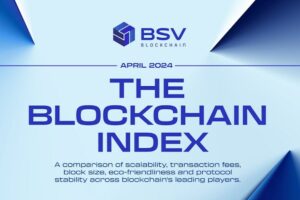When the popularization of computers began 70 years ago, people could not imagine having a second life in a digital world. Virtual avatars continue to push the boundaries of identity and improve living conditions in the online world where individuals leave their mark as data.
According to Statista, connected devices worldwide are projected to number 30.9 billion units by 2025. Connected devices and services generate a substantial portion of data; the International Data Corporation predicts that by 2025 global data will measure 163 zettabytes, with one zettabyte equaling 1 trillion gigabytes. This is ten times the 16.1 zettabytes of data generated in 2016.
How can data be efficiently accessed and utilized? The answer is artificial intelligence (AI).
Sixty years of AI development
During a six-month seminar at Dartmouth College in the summer of 1956, a group of young scientists, including Marvin Minsky, coined the term “artificial intelligence.”
Today, most are familiar with AI; it has become embedded in daily routine. The convenience and progress of AI is everywhere from online shopping to industrial production.
Deloitte Touche Tohmatsu’s 2019 white paper on global AI development predicted the global AI market will exceed $6 trillion by 2025 at a compound growth rate of 30% from 2017 to 2025. A research report released by PricewaterhouseCoopers suggests the global gross domestic product will be 14% higher by 2030 due to AI adoption, contributing an additional $15.7 trillion to the world economy — more than the current output of China and India combined.
The field of AI has flourished for the past 60 years. However, with the advent of the fourth industrial revolution — the technological revolution — AI’s upper limit has become increasingly apparent.
The looming roadblocks
For AI to become both the variable and core technology of pending technological reform, three key elements are indispensable — data, algorithms and computing power.
The first challenge is the pressure of data governance and privacy. In 2018, the European Union introduced the General Data Protection Regulation, and in 2021, China’s Data Security Law and Personal Information Protection Law went into effect. The latter focuses on Chinese citizens’ rights and interests for privacy, dignity and property. The law defined personal information as something identified or identifiable about someone recorded electronically or otherwise documented. The tightened rules on personal privacy and data were meant to effectively prevent data misuse.







